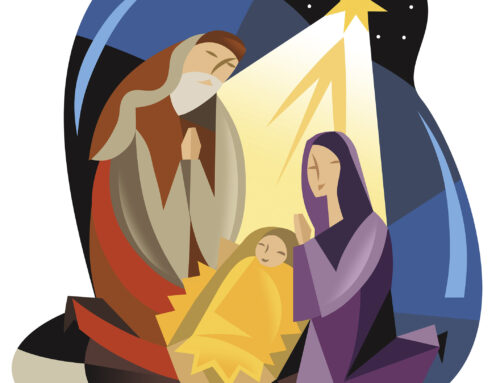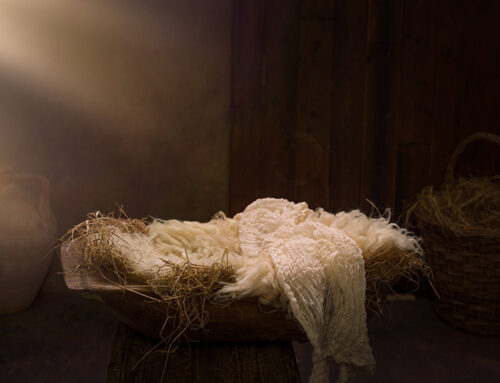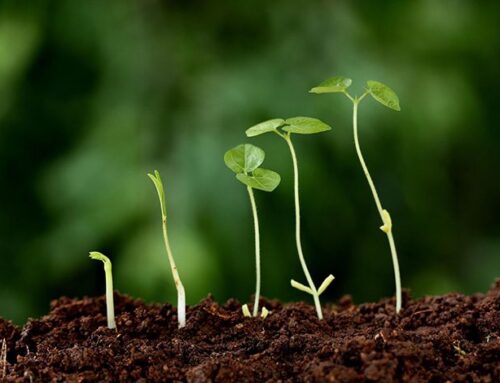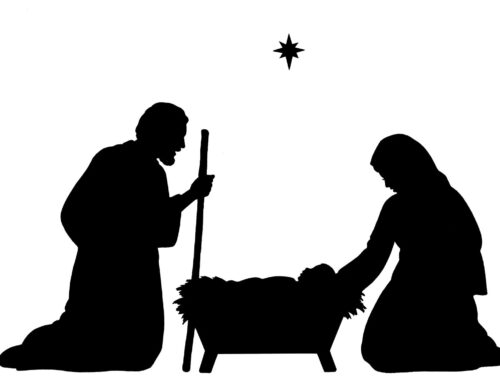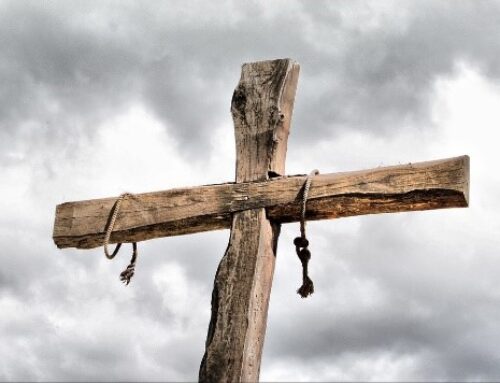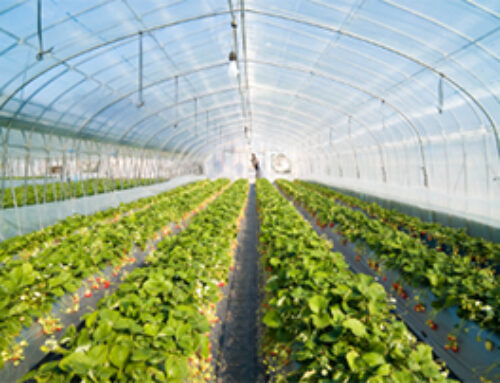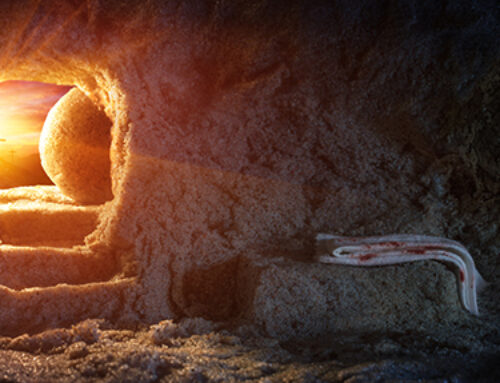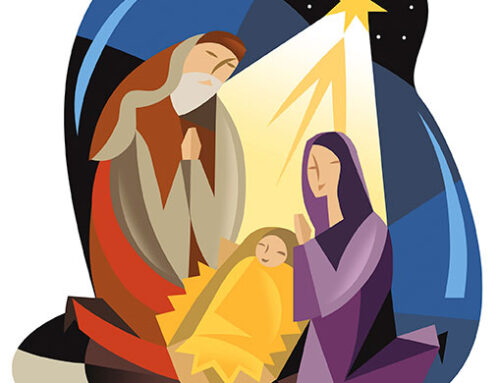–by Allan Pole

Many Jews expected the Messiah to arise in great glory and lead them in a mighty military victory over their oppressors. When would this king and His kingdom appear? How would God establish and expand His influence on the earth? While the people talked about a glorious, conquering king, Jesus spoke about the different types of soils and their responses to seeds.
Please take a few minutes to read Mark 4:26-29.
The kingdom of God expands by scattering (Mark 4:26).
 People expected a king with fame, fortune and fight. Jesus, however, was born in a humble manger, grew up as a carpenter and laid His life down. Jesus did not come with swords to fight but with seeds to plant.
People expected a king with fame, fortune and fight. Jesus, however, was born in a humble manger, grew up as a carpenter and laid His life down. Jesus did not come with swords to fight but with seeds to plant.
The most common grains were barley (John 6:9) and especially wheat. The farmers divided their plots of land with walking paths and uncultivated patches of soil, where some seeds would land. After the ground was plowed, the farmer was ready to plant the seed. The farmer would carry the seed in a basket or pouch attached to his waist. He would then take a handful of seeds and throw or scatter the seed with a sweeping motion of the hand and arm. The farmer would then plow the field again so the ground would cover the seed (otherwise, the birds would have a feast).
The seed is meant not to be stored but sown. American writer William A. Ward (1921-1994) advised, “Judge each day not by the harvest you reap but by the seeds you plant.”
What seeds is the Lord planting in you? Are you providing the right conditions for them to settle and take root by spending time in His Word and prayer?
How and where are you scattering the seed that the Lord has entrusted you?
The kingdom of God expands by growing (Mark 4:27-28).
 While the man played a role in preparing the soil and scattering the seed, he went about his everyday life knowing it was designed with the inherent potential to grow. He would have to trust the grain to fulfill its destiny, the clouds to provide the moisture and the sun to provide the energy. God’s people would ask Him to do what only He could.
While the man played a role in preparing the soil and scattering the seed, he went about his everyday life knowing it was designed with the inherent potential to grow. He would have to trust the grain to fulfill its destiny, the clouds to provide the moisture and the sun to provide the energy. God’s people would ask Him to do what only He could.
We can try to resist or ignore God and His kingdom, but He is the one who causes the growth. No one can stop the God of heaven and earth. His word and His ways will prevail. The word of God and the will of God typically take root in our lives in small, quiet, unassuming ways. Such transformation spreads through individuals, households, communities and nations as the seeds of God’s kingdom scatter and grow.
We want it to come instantly, but growth comes gradually. The farmer does not sow the seed one day and see the fully grown crop the next day. He needs to be purposeful and patient as he goes about his work. There are times when he sweats, and there are times when he rests.
The Lord calls us to trust Him, but He also trusts us. God invests in our growth and counts on us to scatter His seed. If we do not do something with His seed, He will take it away.
The Lord wants and plans for us to grow with Him. Are we learning and living God’s Word? What signs of growth do we see in our lives? What signs of growth do others see in our lives?
The kingdom of God expands by harvesting (Mark 4:29).
 As soon as the grain is ripe, the farmer puts the sickle to it because the harvest has come. The sickle or reaping hook is a symbol of the final judgment. The Lord of the harvest is a master farmer who expects a return on His investment. One day He will gather the crops that grew and ripened from His seed.
As soon as the grain is ripe, the farmer puts the sickle to it because the harvest has come. The sickle or reaping hook is a symbol of the final judgment. The Lord of the harvest is a master farmer who expects a return on His investment. One day He will gather the crops that grew and ripened from His seed.
Harvest is the most exciting time on a farm! Everyone can see the results and value of the harvest. Watching the crops grow and mature is thrilling, but it takes wisdom to know when it’s time to “swing the sickle.” Planting requires faith and waiting for the seed to grow calls for patience.
The man in Jesus’ parable is responsible for scattering the seed, and the Lord is responsible for growing it. The man and the Lord work together in the harvest. We can be the soil, providing a place for the seed to grow in us, and we can be farmers, sowing the seed. The Lord of the harvest is looking for willing hearts and hard workers.
Jesus does not use the word “church” here in Mark 4:26-29. The church is not the kingdom. The church is part of the kingdom. Churches are Christ-like communities that speak the words and do the works of the King and His kingdom. Churches that focus on churches will become ingrown, while churches that focus on the kingdom of heaven will grow out and grow up.
Are you motivated by the approaching harvest? If you are, how? If you are not inspired, what adjustments do you need to make to grow and work with the Lord of the harvest?
The Lord calls us to be a part of His expanding kingdom.




